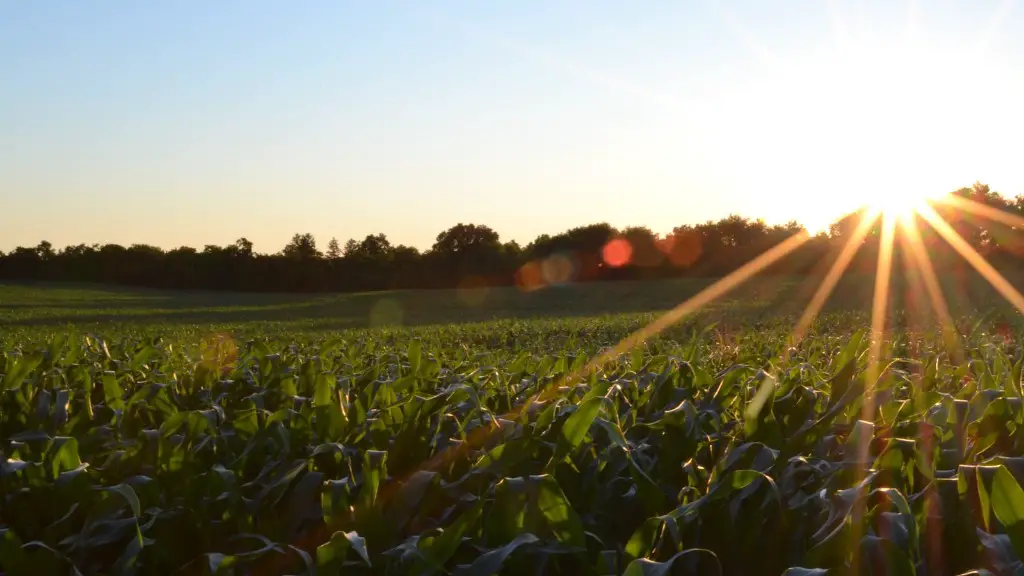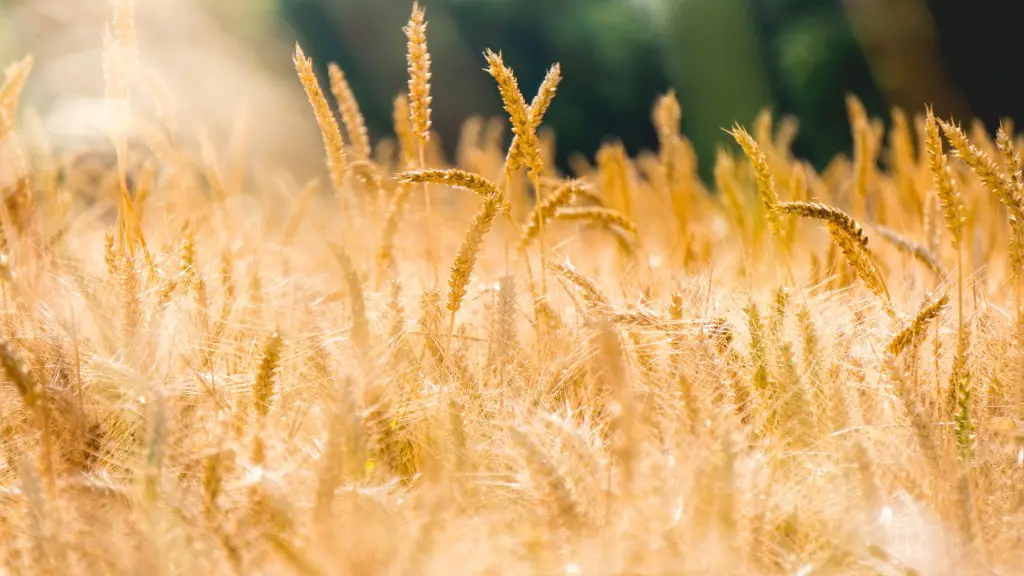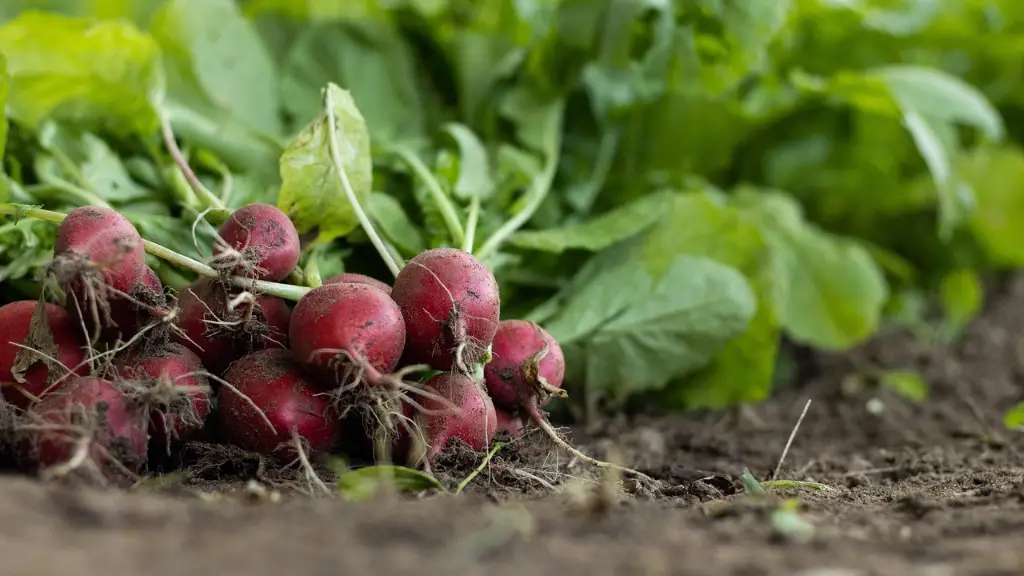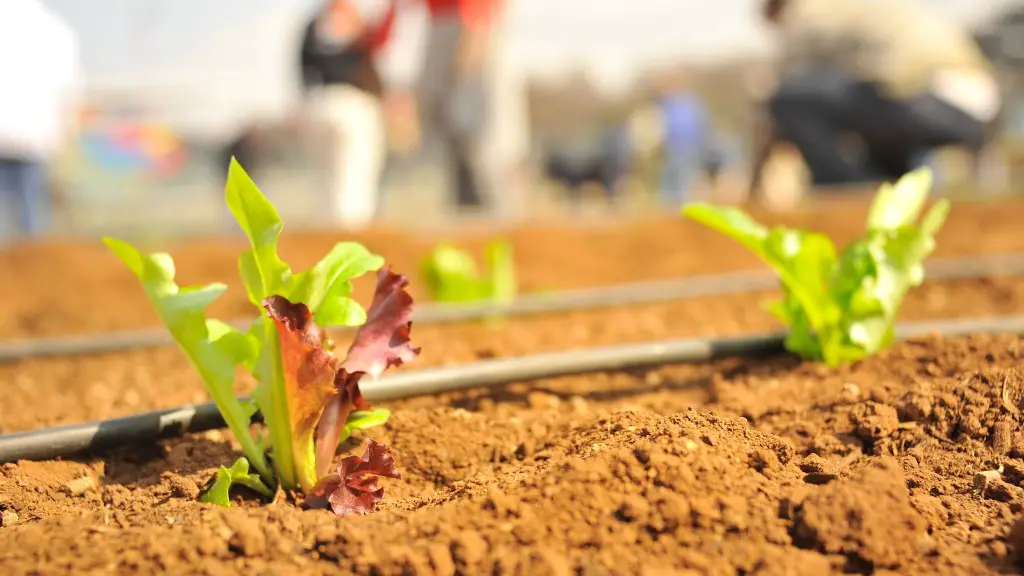Agriculture insurance is a form of insurance policy that protects agricultural producers from suffering a financial loss due to an unexpected event, such as a natural disaster, crop failure, or a market fluctuation. It is designed to provide farmers, ranchers, and other agricultural producers with the peace of mind that their hard work and investments in the agricultural sector are protected from unforeseen events. Agriculture insurance is distinct from other forms of insurance in that it is tailored specifically to agricultural producers, offering a more comprehensive coverage than standard policies.
Agriculture insurance policies typically provide protection for the crops the agricultural producer grows, their livestock, and their tools and machinery. These policies generally offer a variety of coverage options, including coverage against weather events, such as hail, floods, or droughts, as well as coverage against losses caused by pests, diseases, or market declines. In some cases, agriculture insurance policies may also cover other areas of the agricultural business, such as physical property damage, or lost income as a result of a natural disaster.
Agriculture insurance policies may be obtained through private companies, cooperatives, or through government agencies. Private companies are typically the most affordable option, while cooperatives and government-backed programs offer the widest variety of coverage options. In some cases, government-backed policies may also provide coverage for losses due to farm-related activities, such as worker illness or injury. It is important that agricultural producers shop around and compare programs in order to find the best coverage for their needs.
Purchasing an agriculture insurance policy is an important decision for any agricultural producer. Such policies can be used to help reduce the financial risk associated with farming, and can give producers the peace of mind that their investments are protected in the event of an unexpected occurrence. With proper protection in place, agricultural producers can focus on the day-to-day aspects of their business, and can feel secure that their investments in the sector are safe.
Types of Agricultural Insurance
Agricultural producers have a variety of insurance policies available to them, designed to protect against a wide range of losses. One of the most common forms of agriculture insurance is crop insurance. Crop insurance offers coverage for both growing crops and harvested crops, protecting producers from losses due to weather events, pests, diseases, and other unforeseen occurrences. Another common form of agriculture insurance is livestock insurance, which provides coverage for a producer’s animals, as well as tools and machinery used in raising them. Livestock insurance can also include personal injury and estate protection.
Producers may also purchase specialty crop insurance, which offers coverage for crops that are more sensitive to weather events and diseases, such as vegetables, fruits, and flowers. Other types of specialty policies may cover hemp and marijuana plants, vineyards, orchards, and trees. In addition, agricultural producers may want to consider purchasing farm liability insurance, which covers damage or injury that occurs on a farm, as well as other liabilities that may arise due to negligence or accidents.
Agricultural producers may also benefit from crop-hail policies, which offer coverage for damages caused by hail. Hail is one of the most common weather events, and can cause significant damage to crops if left unprotected. Other forms of coverage typically offered to agricultural producers include farm property insurance, which offers coverage for tools, fixtures, and other property related to the agricultural business, as well as farm equipment insurance, which covers damage to an agricultural producer’s machinery and equipment. Lastly, agricultural producers may purchase access insurance, which covers expenses associated with legal access to land that does not have a public right of way.
Agriculture Insurance for Cyber Security
Agriculture insurance is becoming increasingly important for agriculture producers who must protect their data and systems from cyber-attacks. Cybersecurity is becoming an increasingly important part of agriculture, as systems become more reliant on technology and data. Cyber-attacks and data breaches can potentially cause significant losses and disruptions to agricultural operations. As such, producers should consider buying cyber insurance, which helps cover costs associated with investigating and containing a data breach. This type of insurance can provide financial protection against losses resulting from cyber-attacks.
Agriculture producers are vulnerable to cyber-attacks, as their data and systems are becoming increasingly interconnected. As such, it is important that producers take steps to protect themselves from cyber threats. While cyber insurance can provide some level of protection, producers should also work to educate themselves about cyber security practices and periodically assess the security of their systems and data.
Agriculture is becoming increasingly reliant on digital technologies. As a result, producers need to be aware that their data and systems are vulnerable to attack. By implementing cyber security protocols and purchasing cybersecurity insurance, producers can protect themselves from potential cyber threats and mitigate potential losses.
AgriTech Insurance
AgriTech is the use of technology in the agricultural industry to increase efficiency and productivity. This includes the use of drones, robots, and other automated systems to monitor, manage, and harvest crops. AgriTech insurance is a form of agriculture insurance that operates differently than traditional policies. AgriTech insurance typically covers a wider range of risks, including those associated with technology, cyber threats, and other unique risks that arise due to the use of technology in the agricultural sector.
AgriTech insurance is becoming increasingly important as the agricultural industry continues to rely more heavily on technology to improve efficiency and productivity. As more automated systems and connected devices are used in agriculture, the more vulnerable producers are to cyber threats and data breaches. By purchasing AgriTech insurance, producers can ensure that their data and systems are protected from potential cyber threats, and can also get coverage for damages caused by technology, such as loss of operating income due to a system failure.
AgriTech insurance is becoming an increasingly popular form of insurance for agricultural producers, and can provide an additional layer of protection for those relying on technology in their operations. While more expensive than traditional forms of agriculture insurance, it provides producers with comprehensive coverage against the risks associated with technology, as well as the peace of mind that their investments in AgriTech are protected.
AgriShare insurance is a type of insurance that can be used to share the risk among multiple agricultural producers. This type of insurance is designed to provide producers with the ability to spread their risk among a broader group, and to explore the potential for further liability protection. AgriShare insurance policies typically provide coverage for a variety of risks, including those related to crops, livestock, and machinery.
AgriShare insurance is often used by producers who are part of a farmer’s cooperative or other association of agricultural producers. By pooling their risks, members of a cooperative can share in the cost of coverage and reduce the overall cost of their insurance. AgriShare insurance policies can also provide coverage for losses related to the sale of agricultural products, as well as losses due to breach of contract or financial mismanagement.
AgriShare insurance is a great way for agricultural producers to reduce the cost of their insurance premiums, while at the same time providing additional protection for their investments. As with any type of insurance policy, it is important that producers shop around and compare policies in order to find the best coverage for their needs.
Business Interruption Insurance
Business interruption insurance is a form of insurance designed to provide coverage for income lost due to a business interruption. This type of insurance can be used to cover lost income due to a natural disaster, such as a flood or wildfire, or due to a disruption of services, such as a power outage. Business interruption insurance can also provide coverage for losses due to a market or economic recession.
Agricultural producers may want to consider purchasing business interruption insurance in order to protect against losses caused by factors outside of their control. Business interruption insurance can be used to cover income losses due to weather-related events, market fluctuations, or any other unexpected occurrences that may result in the interruption of a producer’s business operations. This type of insurance can help producers recover more quickly from an unforeseen event, and can provide a source of financial assistance in the event of an extended disruption.
Business interruption insurance can be a valuable asset for agricultural producers. It is important that producers shop around and compare policies in order to find the best coverage for their needs. By purchasing a business interruption insurance policy, producers can protect themselves from potential income losses and focus on managing their operations with peace of mind.




